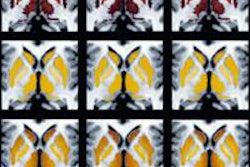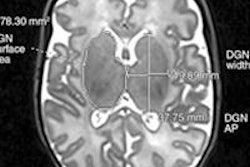Functional MRI (fMRI) has found a possible biological link between early musical training and improved executive functioning in both children and adults.
The findings, published online June 17 in PLOS One, have significant educational implications because executive functioning is a strong predictor of academic achievement, according to senior investigator Nadine Gaab, PhD, from the Laboratories of Cognitive Neuroscience at Boston Children's Hospital. Executive functions are high-level cognitive processes that enable people to quickly process and retain information and regulate their behaviors, among other tasks.
The study included 15 musically trained children between the ages of 9 and 12 years, who were compared with a control group of 12 untrained children of the same age. On average, the musically trained children had played an instrument for 5.2 years and practiced 3.7 hours per week, starting at the age of 5.9 years. The researchers also compared 15 adults who were active professional musicians with 15 nonmusicians.
Both control groups had no musical training beyond general school requirements. Gaab and colleagues also matched the musically trained subjects and the controls for parental education, job status (parental or their own), and family income, as well as IQ.
All participants underwent a series of cognitive tests, and the children also had fMRI of their brains during testing. On cognitive testing, adult musicians and musically trained children showed better performance on several aspects of executive functioning. On fMRI, the children with musical training showed enhanced activation of specific areas of the prefrontal cortex during a test that made them switch between mental tasks. These regions of the brain -- the supplementary motor area, the presupplementary area, and the right ventrolateral prefrontal cortex -- are linked to executive function.
In addition to supporting music programs in schools, the results could have implications for children and adults who struggle with executive functioning, such as children with attention-deficit/hyperactivity disorder (ADHD) or the elderly, Gaab noted.



















